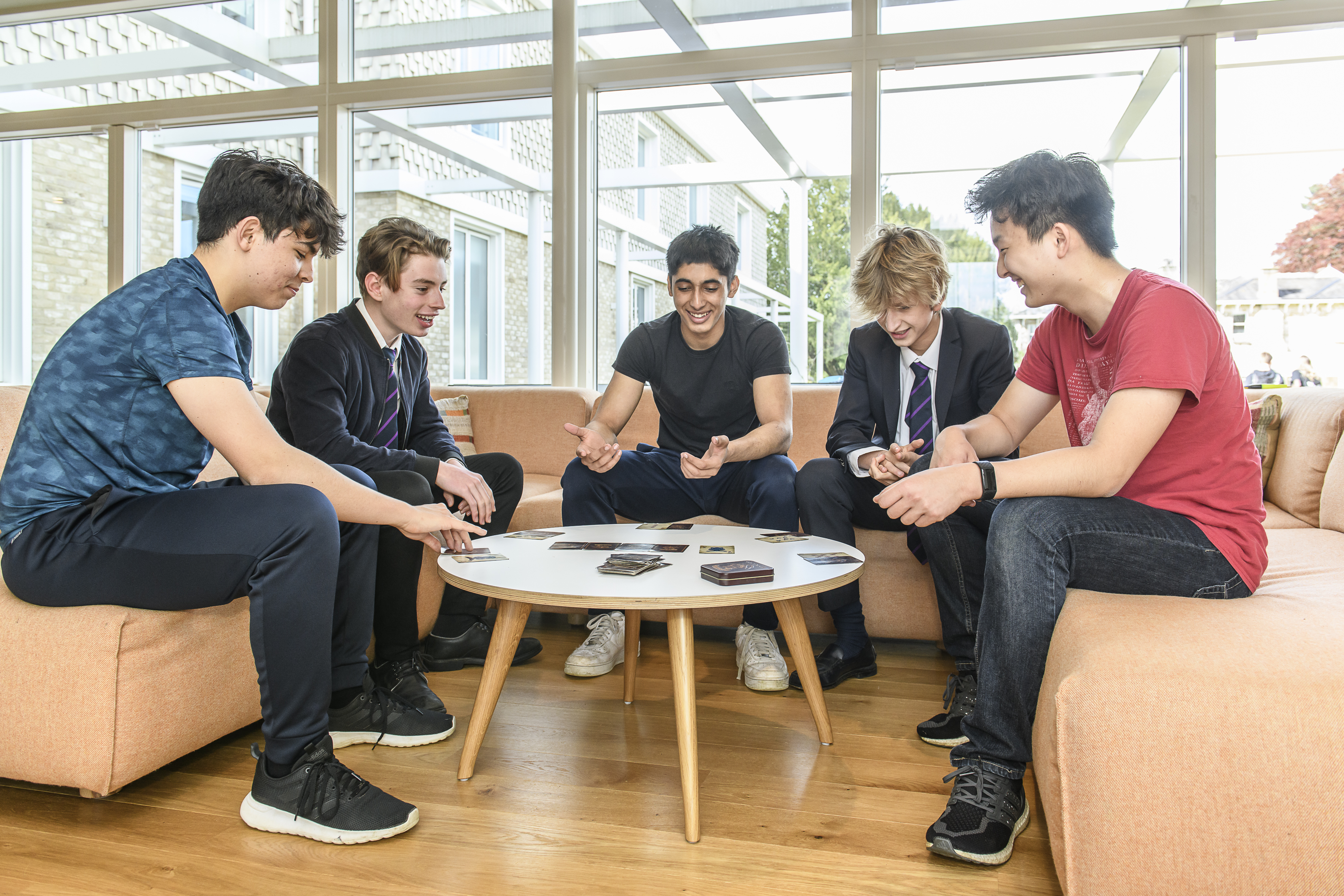The case for equity in education

Clare Ives, senior deputy head at Sevenoaks School, explains how and why the school has embedded the principle of equity into its strategy.
The concept of equity is not a new one, but it is coming of age as a principle of education. By providing support according to an individual’s needs rather than providing identical support for all, we can work towards genuine equality of opportunity. At Sevenoaks School, we have made equity a bedrock of our school strategy. It underpins our resolve to widen access to the school, as well as ensuring that our school community is as fair and inclusive as it can be.
Equity has long been the rationale which sits behind the provision of learning support in schools. The adjustments made in schools for those with additional learning needs has been transformative in so many students’ lives. The approach has also been used over the last thirty years to make positive adjustments for female students and to achieve greater balance between the sexes. As a result, the education of girls and women has made progress at every level. Today, women make up a majority of undergraduates at university in the UK. Furthermore, research has shown that advancing equity in this sphere is having positive outcomes for all students.
At Sevenoaks School, we are consciously applying the principle of equity in other areas of school life to achieve a positive and purposeful school culture; one which is kind, inclusive and makes reasonable adjustments for individuals or groups of students and staff who need them. Rather than taking an equality-based approach to ensure that all individuals and groups within the school have the same opportunities, which can fail to account for marginalised individuals and groups, we seek to understand what adjustments may be needed to make school life more accessible and enjoyable.
If members of the community are to “buy into” the values of the school, they need to feel a sense of connection and mutual respect. One way to achieve this is to include students and staff in decision-making processes. This has a twofold benefit; it appeals to the desire to have agency in decisions made about the community whilst revealing nuances of school life which might otherwise be missed. We have started a series of working groups where students and staff work alongside each other to help inform the policy and direction of the school in key areas by providing insight and suggested adjustments.
School culture is also driven by interventions between staff and students and here too; equity is just as important. The principle now underpins our Behaviour Policy and guides our approach to rewards and sanctions. Many schools award distinction points to students to reward them for good progress and to encourage continued effort. It is easiest to use a system based around equality to award these. So, for example, when marking a piece of work, all those who attain over a certain grade receive a distinction. However, this rewards attainment only and is likely to disincentivize many students. However, if the principle of equity is applied instead, then a student who may have attained a lower grade can be awarded a distinction if it is recognised that they have made a big step in the right direction. It is also possible, using this equitable system, to award distinction points for less tangible achievements such as sustained focus or exceptional team spirit. We have chosen to align our use of distinction points with the IB values which underpin the school; so that students are rewarded for engagement in service and social impact, physical and outdoor education, making and performing, academic work, with a final category reserved for teacher recommendation.
We take the same approach to disciplinary interventions. The precedent for equity being used to determine legal remedies dates back to Aristotle who believed that as all law is universal, it is guaranteed to generate unjust results in some cases. The application of the principle of equity, would, he argued, ensure that judgements could be made which reconcile legal justice and absolute justice. In schools, an equality-based approach is, of course, easier. Stipulating that if a student is found to have done X then they will be given Y sanction has a pleasing simplicity, is easy to justify as consistent, and requires less time to investigate. However, the outcome can be unfair because the individual(s) context has not been considered. In the eyes of the student being sanctioned, being treated universally can lead to a perceived loss of agency which may convince them to dismiss the authority of the school. Our starting place for behavioural interventions, therefore, is to really understand the factors which led to the poor decision. This accords with adolescents’ enhanced desire to feel respected and to be granted status. The approach encourages students to demonstrate greater self-regulation, provides tools to allow the student to think differently in future experiences, and therefore – crucially – allows for self-driven behavioural change. This outcome is more likely and long-lasting when students feel that they are being treated with fairness and respect.
As Nelson Mandela said, “education is the most powerful weapon we can use to change the world”. For that to be true, equity must lie at the heart of educational decisions.


